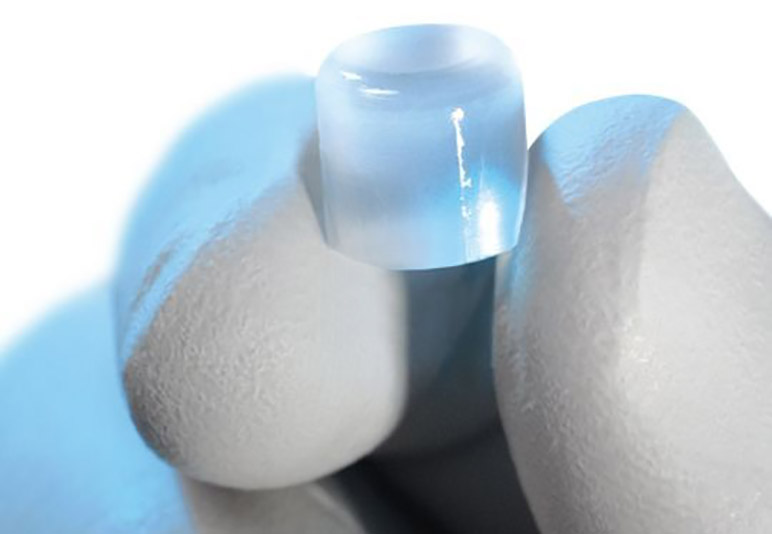The first metatarsal phalangeal joint, also referred to as the great toe joint, is subject to intense forces created through a combination of body acceleration and weight. Walking, running, plyometrics and cutting motions directly influence the stress and strain exerted on this compact joint. Damage can occur with repeated trauma throughout a lifetime which can result in the loss of the joint cartilage and narrowing of the joint space.
Patients suffering with great toe joint arthritis experience localized joint pain that worsens with activity, is typically relieved by rest, and is generally worse at the end of the day. However, as the joint damage progresses patients may also experience pain at rest. They have limitation of of joint motion and have difficulty with movement, crouching and rapid changes in direction. This pain and stiffness can significantly impact the ability to carry out activities of daily living.
Traditional surgical options were often tailored to patient age and desired activity level. Great toe joint fusion procedures are beneficial for individuals younger than 55 years of age and for those who would like to continue to participate in high impact sporting activities. Joint replacements are usually reserved for those of us 55 and older who live a more sedentary lifestyle.

The Cartiva Implant provides an entirely new category of great toe joint arthritis treatment for our patients. The implant possesses characteristics similar to those of native joint cartilage and implantation is not dependent upon age. The procedure can be performed in an outpatient setting and typically takes under 30 minutes. It also has the advantage of requiring a minimal amount of bone removal and requires a smaller incision which reduces tissue trauma. Patients can bear weight immediately on the surgical foot and often return to wearing regular shoes by the third postoperative week. The Cartiva implant can withstand the mechanical forces placed upon it with various forms of activity.
Over 4,000 of these implants have been used in Europe since 2002 and it has recently been introduced to the US market.
The FDA’s decision to approve the implant was supported by the MOTION clinical study, a 236-patient, multi-center, prospective, randomized Level I study comparing Cartiva SCI to fusion. This is the largest study ever conducted for this condition.
Key study findings:
- The Cartiva patient group demonstrated clinical success of 80% for the composite primary endpoint (pain, function and safety) at 24 months compared to 79% success for the fusion group
- Cartiva patients achieved a 93% reduction in median pain
- Cartiva patients demonstrated a 168% improvement in median function of sporting activities and 65% improvement in activities of daily living
- Cartiva patients experienced a 26% improvement in range of motion from baseline
For more information regarding Cartiva and great toe joint arthritis treatment call us to schedule an appointment.

